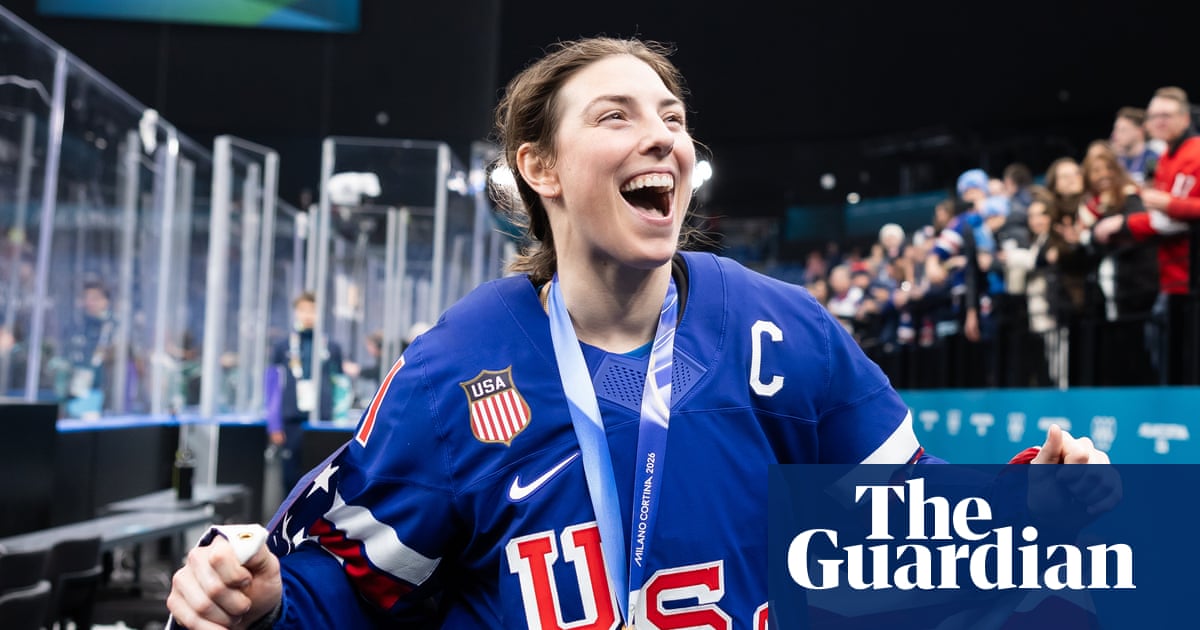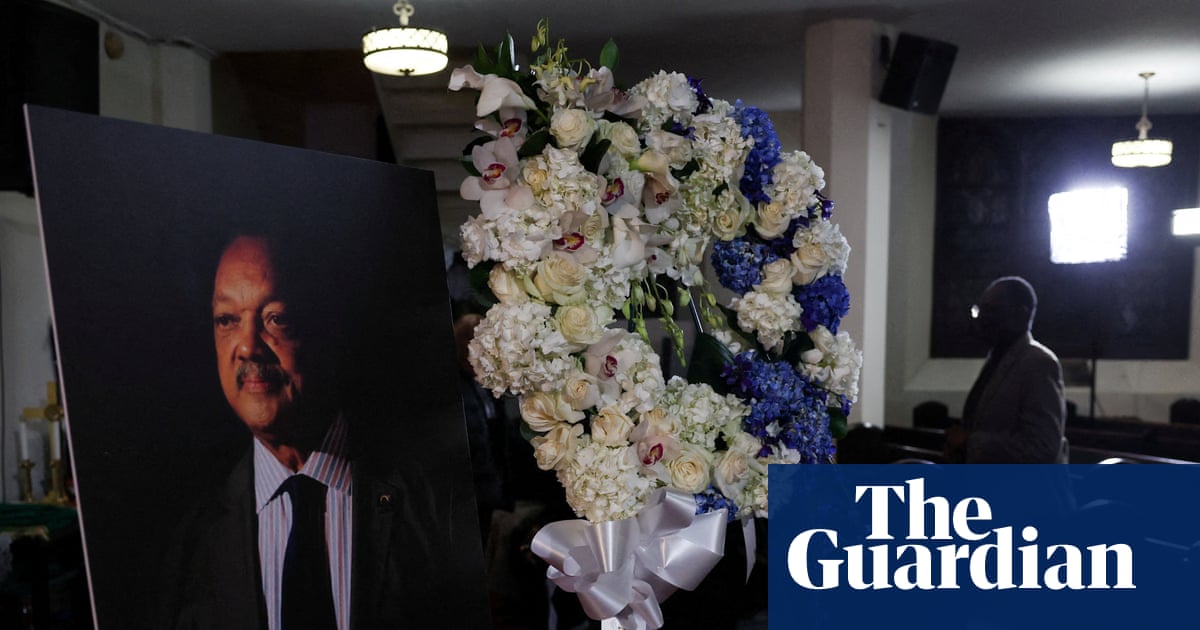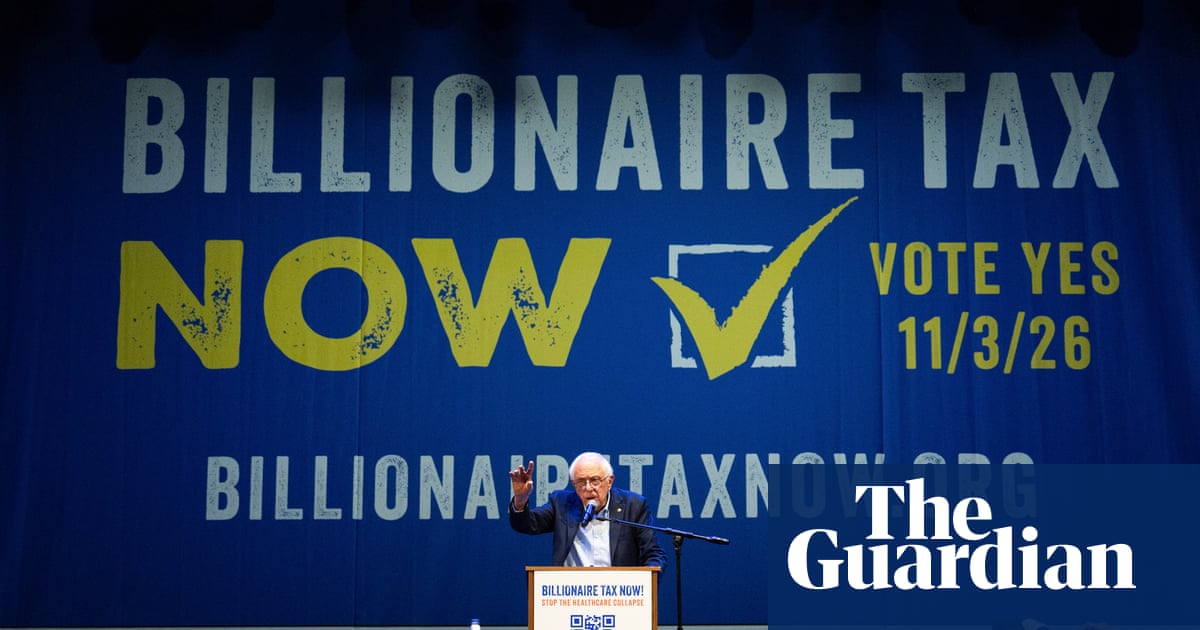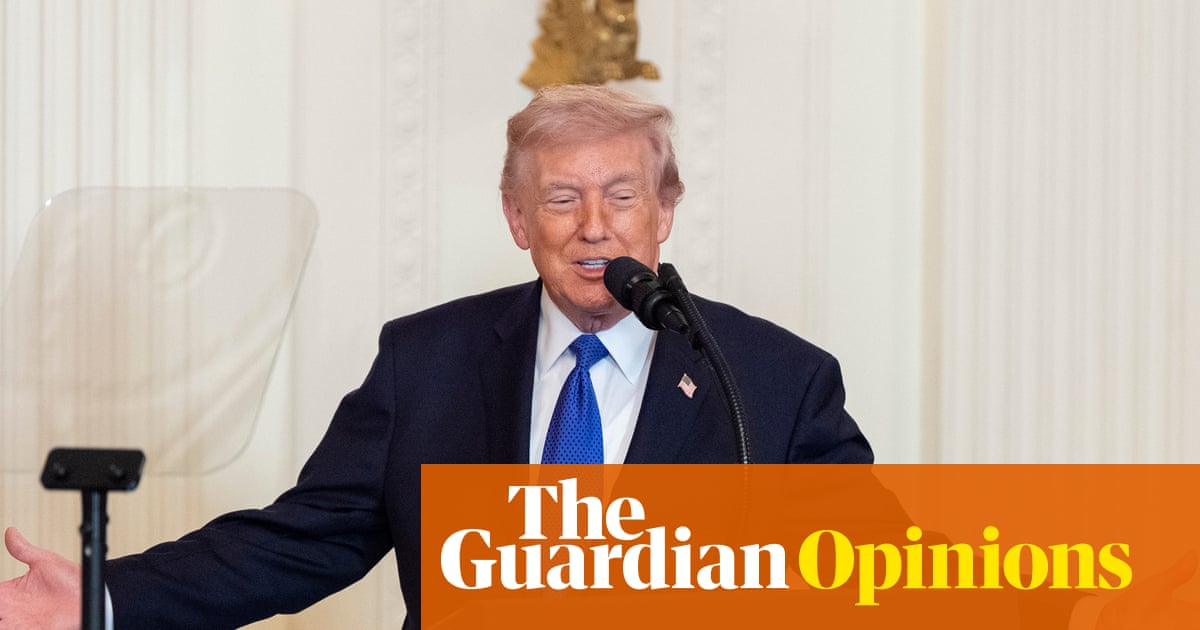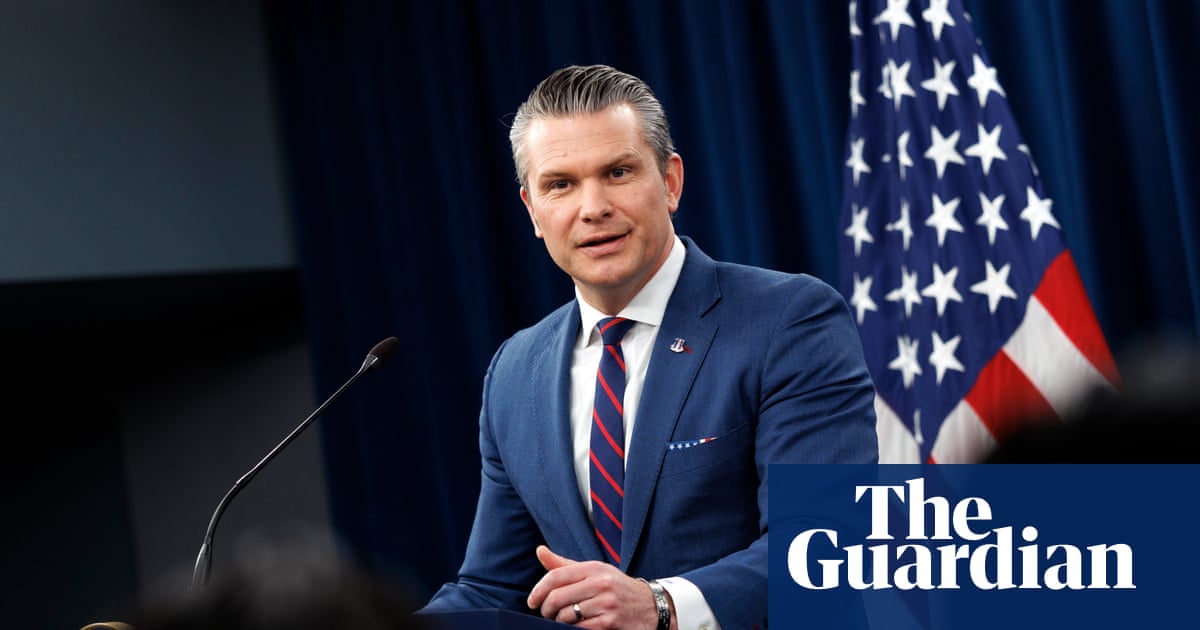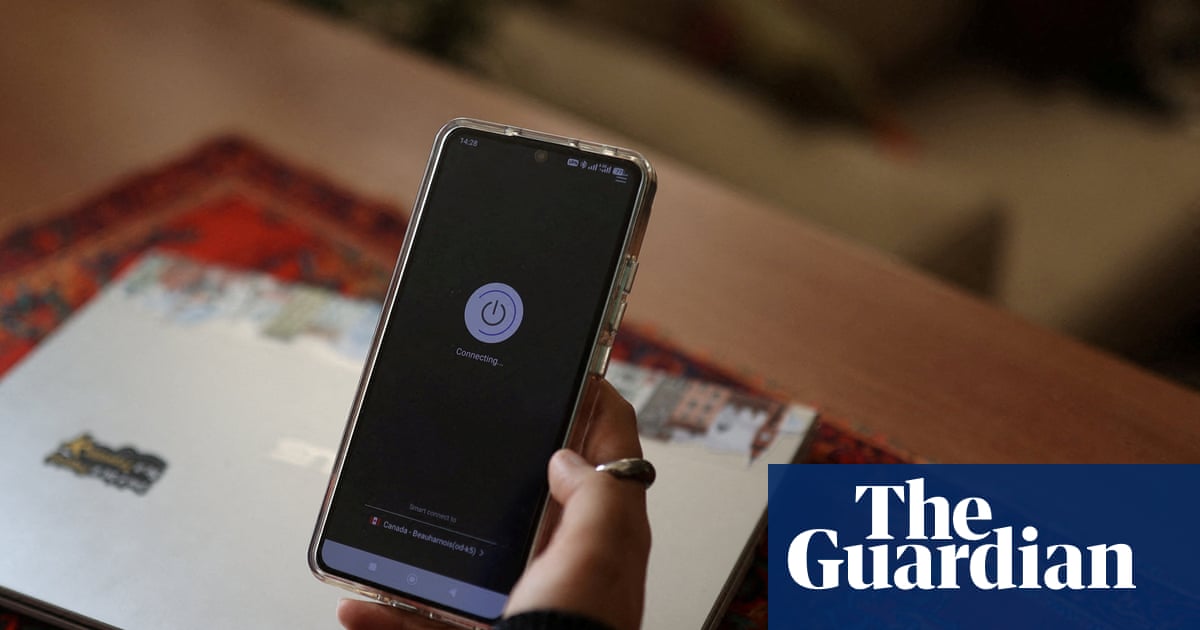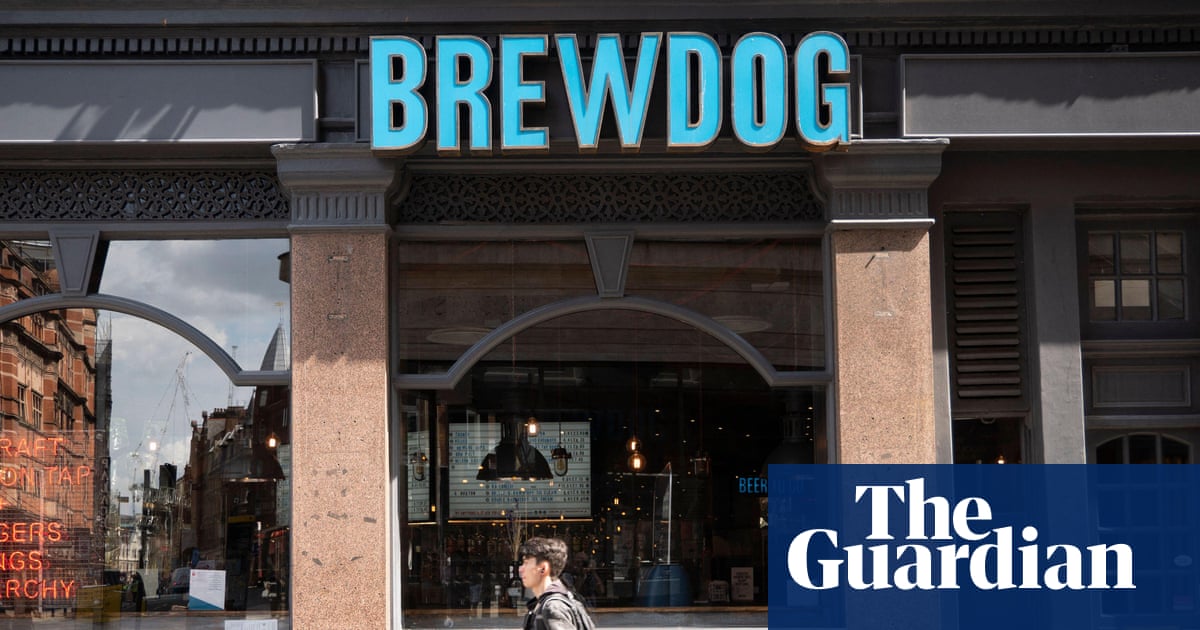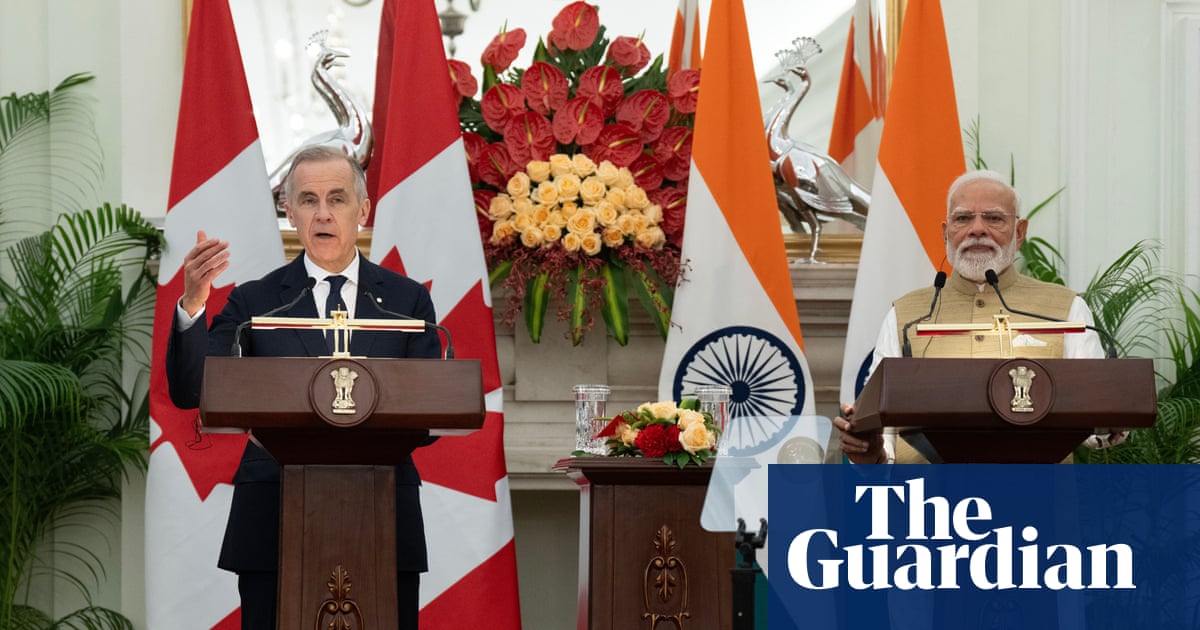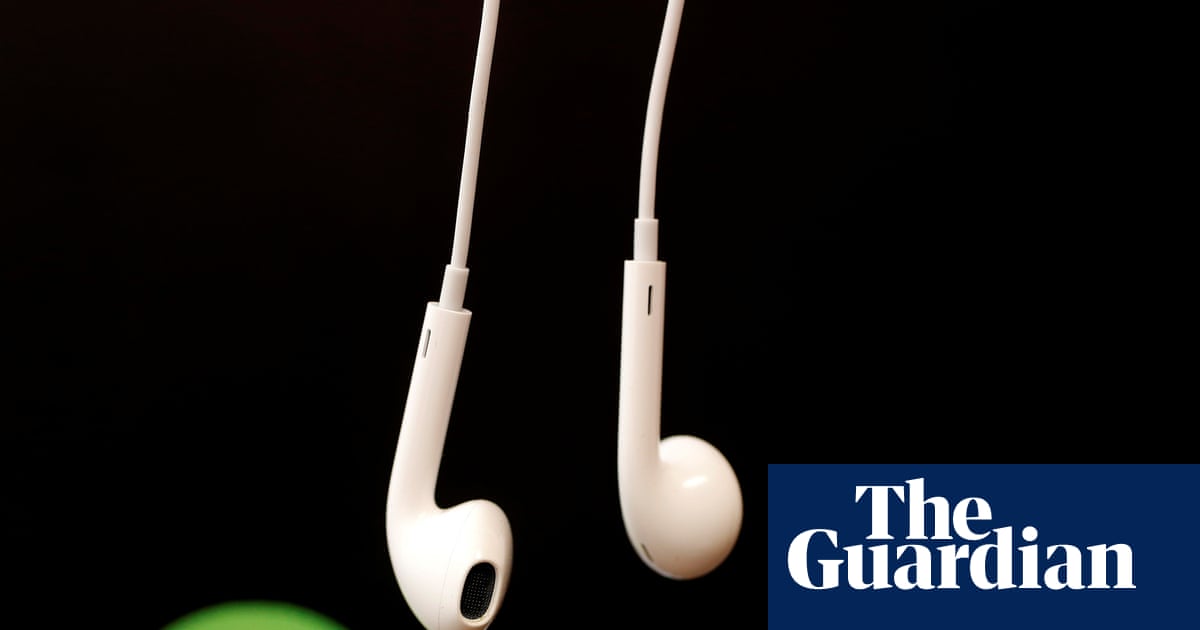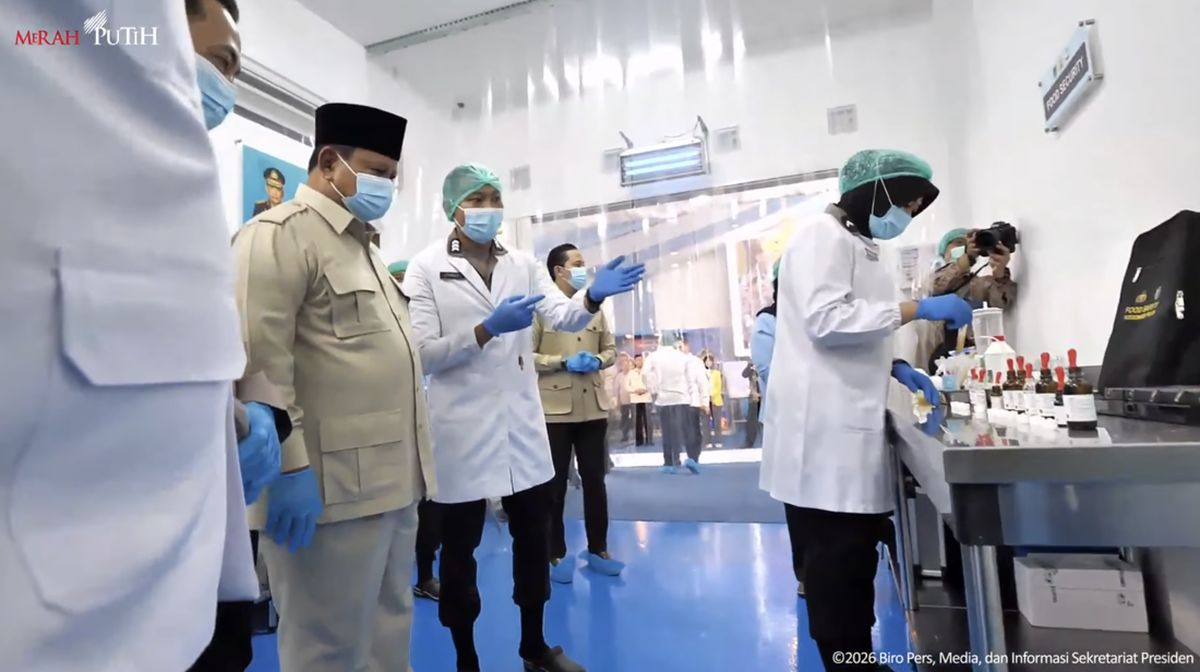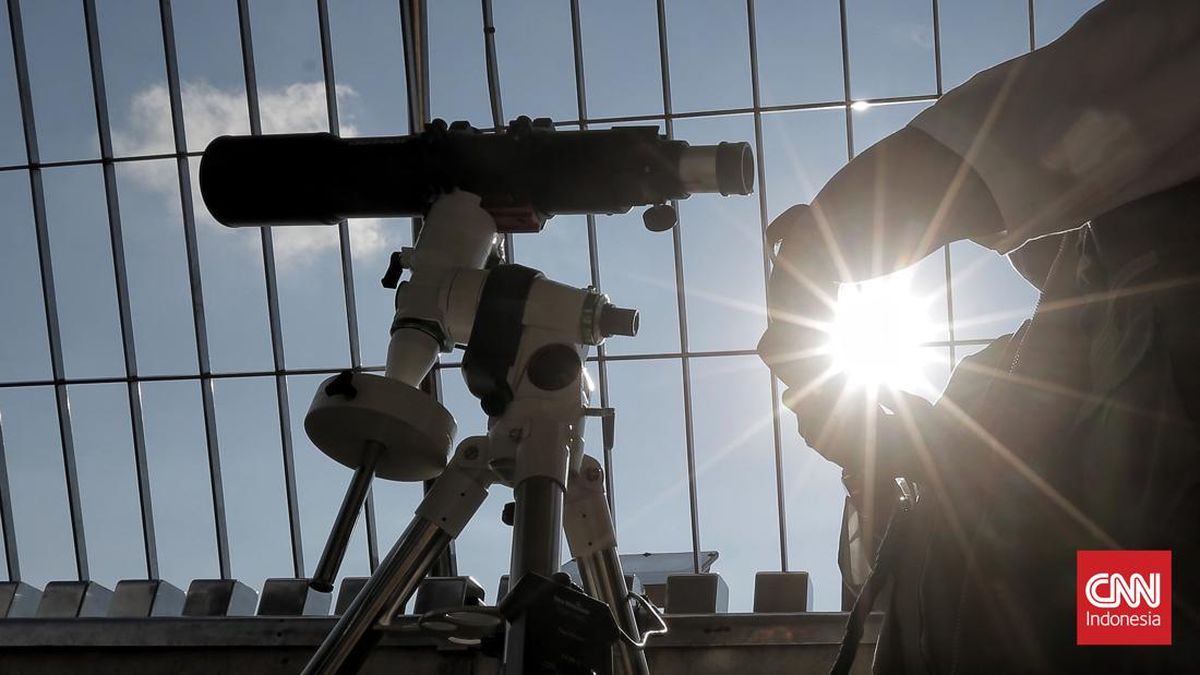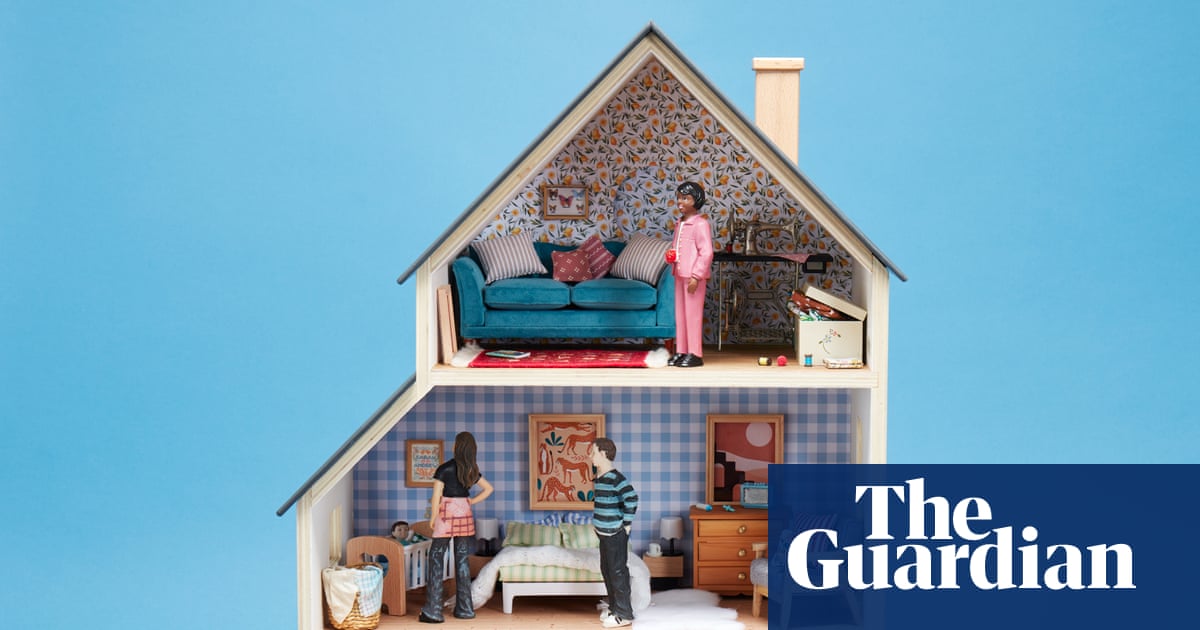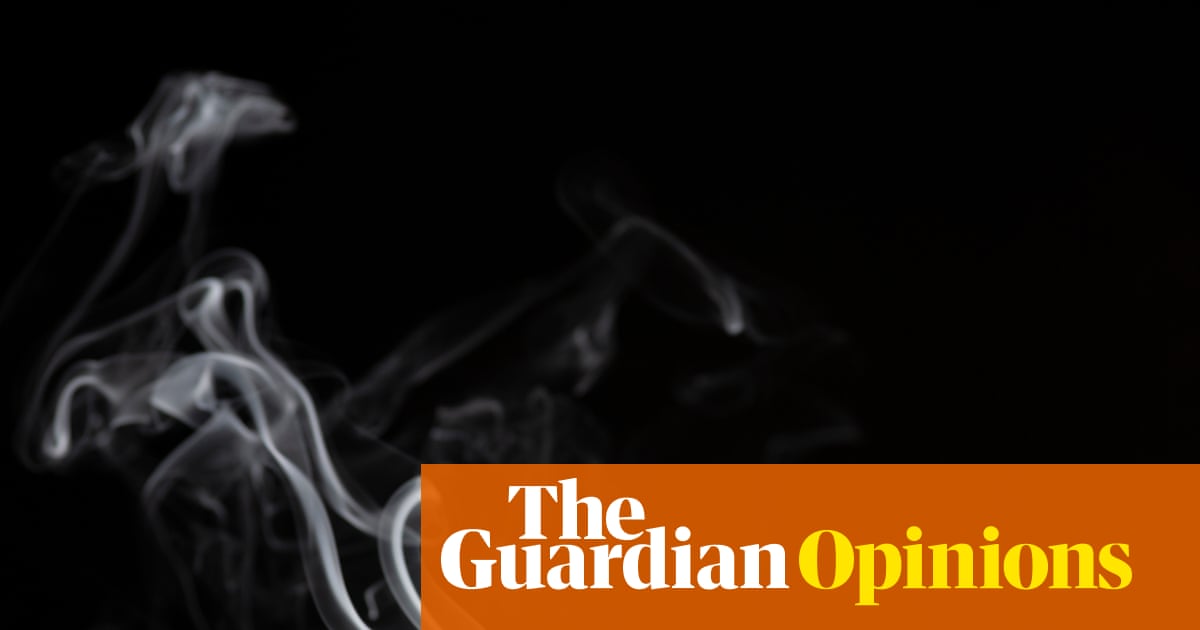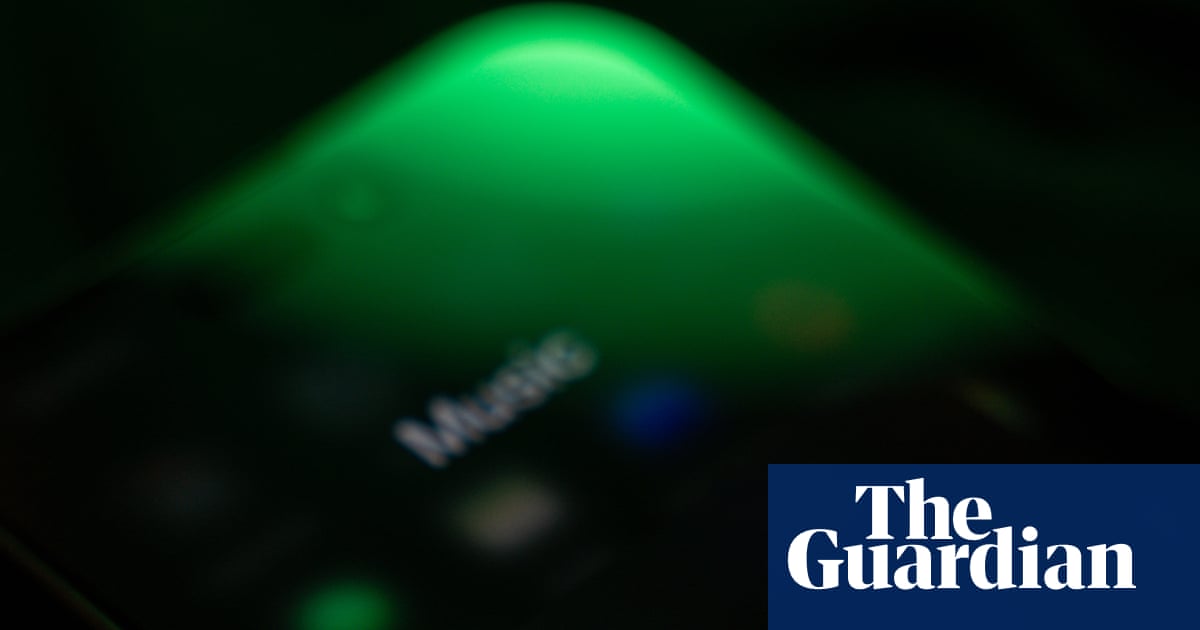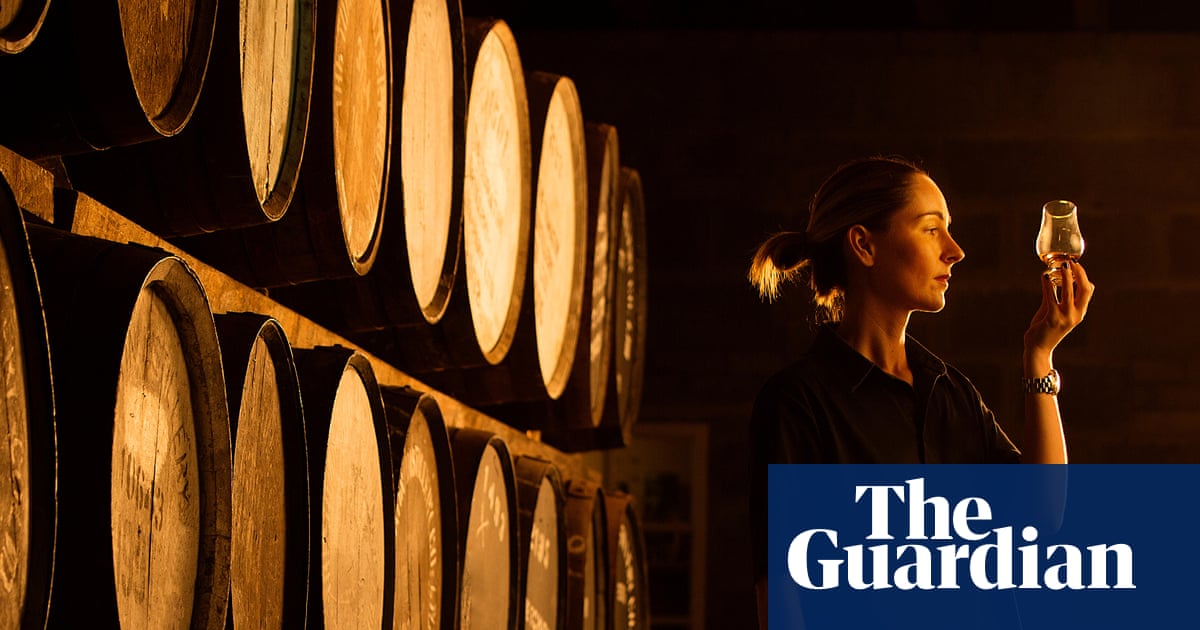As the actor approaches his 90th year and publishes an autobiography, he reflects on his early years on stage, being inspired by Laurence Olivier, becoming a Hollywood star and conquering his demons
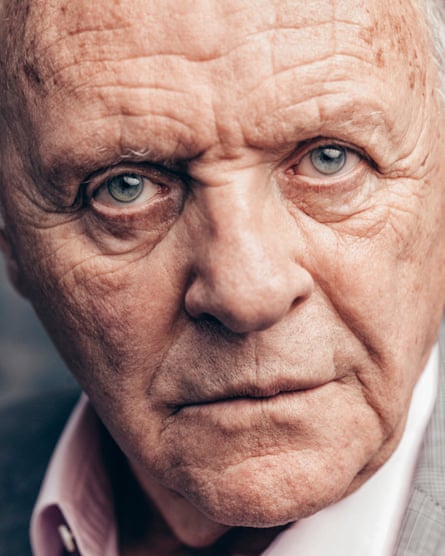
‘What’s the weather like over there?” asks Anthony Hopkins as soon as our video call begins. He may have lived in California for decades but some Welshness remains, in his distinctive, mellifluous voice – perhaps a little hoarser than it once was – and his preoccupation with the climate. It’s a dark evening in London but a bright, sunny morning in Los Angeles, and Hopkins is equally bright in demeanour and attire, sporting a turquoise and green shirt. “I came here 50 years ago. Somebody said: ‘Are you selling out?’ I said: ‘No, I just like the climate and to get a suntan.’ But I like Los Angeles. I’ve had a great life here.”
It hasn’t been all that great recently, actually. In January this year, Hopkins’ house in Pacific Palisades was destroyed by the wildfires. “It was a bit of a calamity,” he says, with almost cheerful understatement. “We’re thankful that no one was hurt, and we got our cats and our little family into the clear.” He wasn’t there at the time; he and his wife, Stella, were in Saudi Arabia, where he was hosting a concert of his own music played by the Royal Philharmonic Orchestra. They’re now in a rented house in the nearby neighbourhood of Brentwood. “We lost everything, but you think: ‘Oh well, at least we are alive.’ I feel sorry for the thousands of people who have been really affected. People who were way past retirement age, and had worked hard over the years and now … nothing.”
Hopkins will be 88 this December, but clearly doesn’t consider himself past retirement age. As a two-time Oscar-winner, a knight of the realm, a fixture of pop culture and one of the most revered actors alive, he has an embarrassment of laurels to rest on, but there’s still plenty on his schedule. He’s just finished a movie with Guy Ritchie, for whom he has a newfound admiration – “He’s precise in what he wants to see” – and he’s coming back to Britain soon, he says, to make a new movie with Richard Eyre (The Housekeeper, about Daphne du Maurier), then another one in Wales.
Nor is he too old to move with the times. On a recent Instagram video, he put on one of Kim Kardashian’s much-ridiculed Skims face wraps and channelled Hannibal Lecter. “Hello, Kim. I’m already feeling 10 years younger,” he announces to the camera, followed by Lecter’s trademark sinister lisping-slurping action. “Fun, wasn’t it?” he says, laughing. Kardashian told him she thought it was hilarious, he says.
Allow Instagram content?
This article includes content provided by Instagram. We ask for your permission before anything is loaded, as they may be using cookies and other technologies. To view this content, click 'Allow and continue'.
But recently Hopkins has also been looking back, too – at his whole life. His new memoir, We Did OK, Kid, is far from your stereotypical luvvie memoir, partly because Hopkins is far from your typical luvvie – even if he does cross paths with past greats such as Laurence Olivier, Peter O’Toole, Katharine Hepburn and Richard Burton – but mainly because he’s surprisingly upfront about his often troubled early life. When he describes his childhood in the Welsh town of Port Talbot, the only son of a family of bakers, it feels like a different planet. “My father had that attitude: stop whining, stop complaining, you don’t know what you’re talking about, stand up straight, get on with it!” His father was also prone to depression and anxiety, Hopkins says. It was wartime and postwar Britain; life was just like that.
By his own account, the young Hopkins comes across as a bit of a loner and an oddball. He had few friends, was frequently bullied and wouldn’t even go to his own birthday parties. He showed so little promise at school, one teacher told him he was “a brainless carthorse”. “I was living in my imagination, my dream world, I suppose,” he says. “I couldn’t understand anything intellectually or academically and that drove me into a kind of loneliness and resentment.” He retreated behind a mask of insolence, “a tough stance and a cold remoteness”, and that became his identity. Perhaps, in a way, he was already acting?
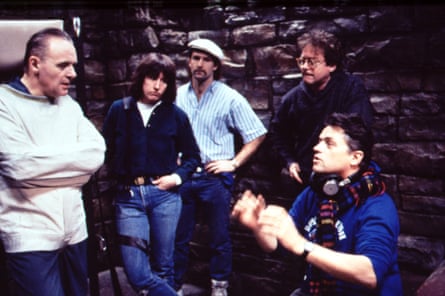
“Yes, yes, I think I was,” he says. “The only way I could protect myself was, if I got a slap across the head from a school teacher, I’d stare them out and I’d defy them. I wouldn’t react at all.” You can almost picture a young Hannibal Lecter doing the same.
His despairing parents had all but written him off, but he told them: “One day, I’ll show you,” he says. “I discovered that I had one small gift: I could remember things.” He was an avid reader, and easily retained facts, figures, whole poems and speeches from plays.
An early epiphany in terms of acting was seeing Olivier’s film adaptation of Hamlet at school in 1949, when he was 12. “I was shocked by my reaction,” he says. “I don’t know what it was about that, but it made such a punch in my head, hearing Shakespeare for the first time.” He started memorising speeches from Hamlet and Julius Caesar. His parents were amazed. (Decades later, his father, on his deathbed, asked Hopkins to recite Hamlet for him.)
Hopkins even goes as far as wondering if he has Asperger’s or some other form of autism. As well as his memory, he details behaviour such as repeating words obsessively and a “lack of emotionality”. He has never sought a professional assessment. “My wife, Stella, she diagnosed me. She said: ‘Well, you’re obsessive. Everything has to be laid out perfectly.’ I have to have everything arranged. So that’s a little twist in the brain, I suppose. But I’m quite happy with whatever inner disturbance I have.”
Hopkins’ memory is the foundation of his acting, he says. He reads his scripts 100 or 200 times, so every line is etched into his memory before he turns up on set. It started as a protection mechanism when he was a young actor, but it’s become his technique. “That was my gift, really: to know the part so well that I had no fear. Once you know the script, you have a relaxation to go on stage in rehearsal, so you can hear the other person. The art of acting, I think, is to be able to listen.”
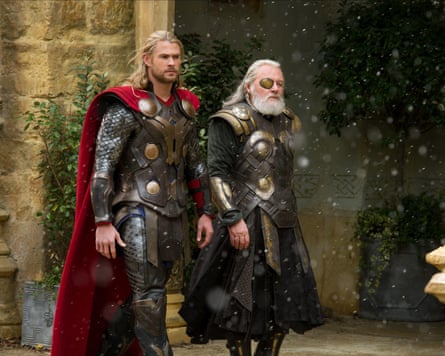
In 1964, 15 years after being transfixed by Olivier’s Hamlet, Hopkins found himself auditioning in front of the man himself to join London’s National Theatre (cheekily, he did Othello, a role Olivier had recently made his own, albeit in blackface). He considers Olivier his mentor. “He gave me this huge break in my life. He seemed to admire my physical strength, because I had that in me, and I had this sense of Welsh danger, you know, quick-tempered.” He didn’t really get along with the English middle-class chumminess of the British theatre-world, though – the “kissy-smoochy-darling stuff”, as he puts it. “I’ve never felt comfortable with that.”
One area where he did find common ground – far too much of it – was alcohol. “Drinking was a family tradition,” he says. It was a theatre tradition, too. This was the era of “angry young men” epitomised by John Osborne’s Look Back in Anger (Hopkins had been riveted seeing Peter O’Toole’s version in 1957), and of legendary, hard-drinking “hell-raisers” like O’Toole, Oliver Reed, Richard Burton and Richard Harris. Did he fit that description?
“Yes, yes, I did. I would not be trusted, and I would have fights and quarrel with, especially, directors. Looking back, it’s all paranoia. They were trying to do their job; I was trying to do mine, but I couldn’t take any … it wasn’t criticism, I couldn’t take any authoritative bullying. So I’d lash out.” He would often get into physical fights in pubs, too.
The week before Hopkins’ first marriage, to fellow actor Petronella Barker in 1966, he impulsively quit the National because of one such director, declaring he was giving up acting. He recalls his colleagues getting sloshed at the wedding reception then heading off to perform in the afternoon matinee. He used to do the same. “Oh yeah, it was terrible. You used to be on stage and not know where you were or why you were there, adding 10 minutes to the play.”
It was just the done thing, he says. “Yeah, we are rebels. We can fight. Who cares about the establishment? When you’re growing up, it’s healthy to want to punch out and be rebellious and survive. And it was a bit of fun, I thought. But I remember thinking one day: ‘Yeah, and it’s going to kill you as well.’”

It certainly took many of his contemporaries. By the mid-70s, even as his career was going places, Hopkins’ drinking and heavy smoking were taking a toll on his health – and his relationships. In 1969, after two years of marriage marked by rows, depression and a lot of whisky, he walked out on Barker and their one-year-old daughter, Abigail. He describes it as “the saddest fact of my life, and my greatest regret, and yet I feel absolutely sure that it would have been much worse for everyone if I’d stayed”. He and Barker divorced in 1972.
The real wake-up call came in December 1975, in LA. He woke up one morning to find his car missing, and called his agent to tell him. “Nobody stole it,” his agent replied. “We found you on the road.” Hopkins had driven all night from Arizona to Beverly Hills, about 500 miles, blackout drunk. “I was insane, I was nuts, I couldn’t remember half the journey,” he says. “And that’s a deadly way to live, because I didn’t care about myself. I could have taken out an entire family … I knew I needed help, I knew it was over.”
The way he narrates it, a literal voice in his head asked him if he wanted to live or die. He replied: “‘I want to live,’ and the voice said, ‘It’s all over now. You can start living.’” He went straight to Alcoholics Anonymous. Afterwards, “I got out on the street, 11am, 29 December 1975, and everything looked different. Everything seemed sunnier, everything seemed more … benign. No threat in the air.”
He doesn’t go as far as to claim it was God that spoke to him, but it was “a moment of clarity”, he says, “from deep inside here [he points to his head] or here [he points to his heart].” He has never craved a drink since. “We all have that power within us, and we choose our lives and navigate through that kind of … inspiration, I suppose it is.”
By this stage Hopkins was living and working more and more in the US, and in cinema. “I just wanted some sunshine, and I didn’t want to be standing around in wrinkled tights holding a spear for the rest of my life,” he jokes. It was his hero O’Toole who had first coaxed him on to a movie set, in 1968. He knocked on Hopkins’ dressing room door at the National one day and said, “I want you to do a test for me,” Hopkins says. “He’d had a few jars, and we went to the pub afterwards.”
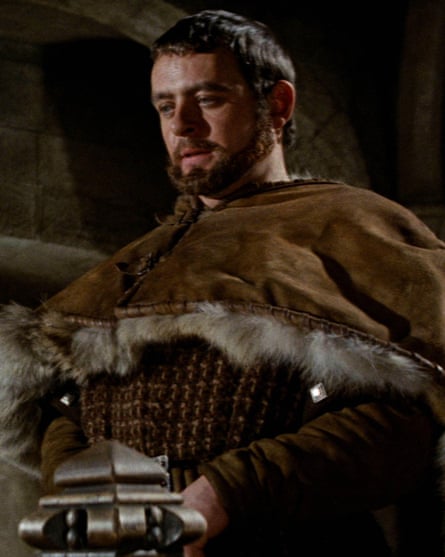
Laurence Olivier gave me this huge break in my life. He seemed to admire my physical strength, and I had this sense of Welsh danger, you know … quick-tempered
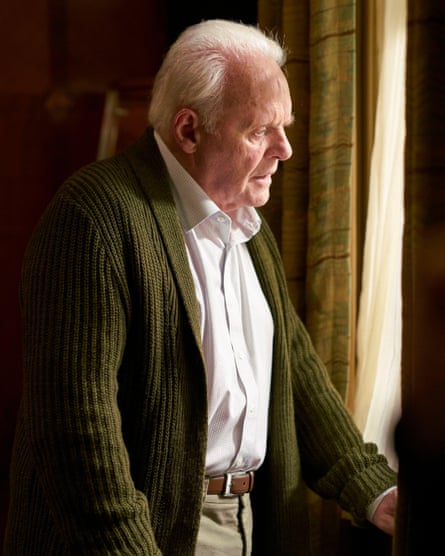
I think: ‘How did I get this far?’ I have no idea how my particular life has moved from when I was in Port Talbot, a little boy lost, to here. It’s beyond my comprehension. And I mean this deeply
The screen test was for the historical drama The Lion in Winter, starring O’Toole and Katharine Hepburn. As Richard the Lionheart, Hopkins looked and felt at home on screen. “I think that anger in me, or whatever it was, it gave me a strong presence. And I was cunning. I could listen to advice. Hepburn said to me: ‘You don’t actually need to act. You’ve got a good head, you’ve got good shoulders. Just speak the lines.’”
By the 1980s he was building a solid, steady career as a character actor – all of which went out of the window, or at least up to a higher floor, with The Silence of the Lambs in 1991. Director Jonathan Demme had seen Hopkins in David Lynch’s The Elephant Man, playing a kindly Victorian doctor, and somehow thought he’d be perfect for the part of Hannibal Lecter – the psychiatrist turned cannibal serial killer. When his agent told him the title, Hopkins asked: “Is it a children’s film?”
Hearing him talk about his most famous role, it’s clear how much Hopkins brought to the part himself. He instinctively knew how to play Lecter, he says – not as a monster but as the opposite: serene, precise, unblinking, “at once remote and awake”. Elements that went into the character, he’s said, included Hal from Kubrick’s 2001, Bela Lugosi’s Dracula, Katharine Hepburn and his old drama teacher at Rada, plus a soupçon of camp. The result was a character like no other; a new horror archetype, even.
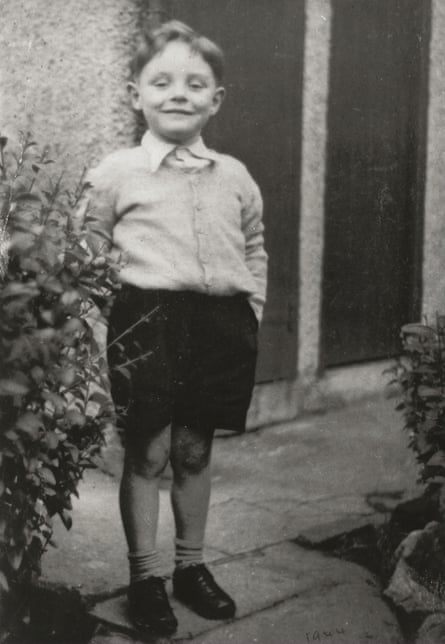
“I went to Pittsburgh for the initial wardrobe-fitting,” he says. “They wanted me to be in an orange jumpsuit. I said: ‘No, I want a slimline green suit. Lecter can employ anyone to make it, because he’s so smart, and he’ll kill if you don’t obey his orders.’” He thought hard about his first scene with Jodie Foster, when she visits his prison cell to ask for his help. “I remember Jonathan Demme saying: ‘How do you want to be discovered when Jodie first sees you? Would you be lying down or reading a book?’ I said: ‘No, standing.’ He said: ‘OK. Why?’ I said: ‘I can smell her coming down the corridor.’ He said: ‘You’re weird.’”
Foster was also weirded out by him. She later admitted she avoided him as much as she could on set. On the last day of the shoot they had lunch together. Foster told him she was scared of him. “I was scared of you, too!” he replied.
Such was the cultural reach of The Silence of the Lambs that on Oscars night 1992, host Billy Crystal was wheeled on to the stage strapped to a gurney in a Lecter mask. Hopkins still didn’t believe he’d win best actor (the movie won five Oscars that night, including his award). In his mid-50s, he was suddenly in the A-league and in demand, with some of his best (and certainly his most lucrative) work ahead of him. He seems to have thrown himself into it – big-budget epics, broad action thrillers, horror sequels (he played Lecter twice more) and period dramas, plus the occasional paycheck role (Transformers: The Last Knight, say).
He has played a whole gallery of great men: Richard Nixon, Alfred Hitchcock, Pope Benedict, Sigmund Freud, Charles Dickens, Pablo Picasso, King Herod, King Lear, Methuselah, not to mention the Norse god Odin in Marvel’s Thor movies.
But he is perhaps at his best playing the less-great ones. His outstanding turn as a repressed butler in Merchant Ivory’s The Remains of the Day, for example, who is tragically incapable of connecting with those around him, especially the housekeeper played by Emma Thompson. It’s another meticulously controlled character in the Lecter vein, which surely says something about the British class system. “James Ivory is one of those special directors,” says Hopkins, “because he lets you figure it out. He doesn’t direct but he’s got an artist’s eye. He knows about design. Everything was so perfectly arranged, you didn’t have to act.”
It was as another relative nobody that Hopkins won his second Oscar in 2021, as an old man untethered from reality by dementia, in Florian Zeller’s The Father. The awards ceremony was one of the most awkward in history. As well as being delayed and curtailed by the Covid pandemic, the event was overshadowed by the recent death of Chadwick Boseman, who it was assumed was such a shoo-in for best actor that this was made the final award of the night rather than the traditional best picture. To everyone’s surprise, the Oscar went to Hopkins instead.
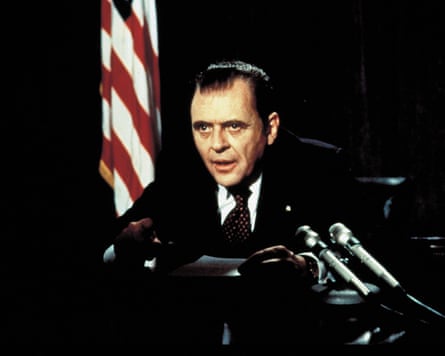
Hopkins wasn’t there to pick up the award. He wasn’t even watching. “I was asleep!” he says. “I certainly did not expect it. God, where was I? I was in England, yes.” He was about to start shooting a film the next morning. “And so I didn’t show up and went to bed. Four o’clock in the morning, my agent’s voice: ‘You got the Oscar!’ I said: ‘What?’ It was a wonderful surprise, but the film itself was one of the easiest. I thought: ‘Well, I on’t have to act old. I am old.’”
Despite having been a Hollywood fixture for so long, and a latter-day Instagram star, Hopkins is not at all interested in celebrity. “I’ve never been one for the glamour side, the red carpet. I go along if I have to do one of those premiere things, and they’re pleasant and friendly and they’re OK, but I’d rather be at home playing the piano or reading a book,” he says. “It’s a necessary part of my professional life, to do publicity, but I don’t crave it.” His social circle is small: a few close friends, and his third wife and her family. He met Stella Arroyave in 2000, when she was running an antiques shop in Pacific Palisades, and they married in 2003. “She broke me wide open, helped me overcome the old feelings of regret and anxiety in a way that’s set me free,” he writes of her in his book.
Even talking now, about his life, there’s the distinct impression that this is not Hopkins’ comfort zone. He is cordial but guarded, happier to offer an anecdote than an opinion. There are areas of his life he’s not keen to discuss: his daughter, for example, from whom he remains estranged. (He doesn’t dwell on it. “If you want to waste your life being in resentment … fine, go ahead. That’s not in my camp,” he said in a recent interview.) There’s also a line in his memoir about his second marriage, of nearly 30 years, to Jennifer Lynton, where he says: “It was only years later that she knew about my infidelities,” but he does not expand any further on that. He first met Lynton in 1969 when she was a production assistant – she picked him up from Heathrow after he’d missed a flight because of his drinking – and they married in 1973. She saw him through the worst of his alcoholism, he says, but she always preferred London to LA, and they drifted apart. “She deserved better than me,” he writes, regretfully.
He is also reluctant to comment directly on politics or current affairs (he became an American citizen in 2000), although he sometimes does so obliquely, through the prism of one of his roles. When I ask about his repeated mentions in the book to having “a monster inside me”, for example, he references Nicholas Winton, the real-life hero he portrayed in 2023’s One Life, who rescued more than 600 children from the Nazis in eastern Europe and brought them to Britain.
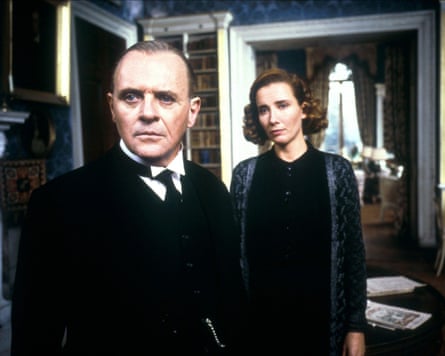
“His only belief was, we must learn to be flexible, learn to be reasonable, learn to listen to the other guy, even if you don’t agree,” says Hopkins. “And stop being certain. Once you have certainty, no one can get into you. That’s deadly. That causes horrific problems in the world, once you think you’ve got the answer and nobody else. We’re living in it today: you’re wrong, I’m right; if you differ from me, I’ll have you killed or I’ll have you cancelled or unfollowed. I mean, what are we talking about? It’s rubbish. Changing the language to suit our own preconceived bigotry because somebody doesn’t agree with us, politically or philosophically or racially. What are we doing? We’re human beings, fragile animals.”
There is nothing studied or strategic about Hopkins’ reticence, though. That’s just the way he is, and doubtless always has been. When he mentions the photograph of himself, aged four, on the back cover of his book, he says: “I still feel like that young kid.” At that age he was “too young to comprehend any meaning in existence”, he writes. So, as he approaches his 10th decade, has Hopkins come to any conclusions?
“No. I know nothing,” he says, laughing. “I don’t think we know anything. I look around and I think: ‘How did I get this far?’ I have no idea how my particular life has moved from when I was in Port Talbot, a little boy lost, to here. It’s beyond my comprehension. And I mean this deeply.”
He does, however, invoke that desire he had within him from a young age: to succeed, to show his parents and the world that he wasn’t “a complete dummy”. “I try to tell this to younger people, if they want to listen to me: really begin to believe that you have a power inside. You can do almost anything. Just tap into that trigger moment that will push you forward. Never give in. If you fall down, get up again. Don’t feel sorry for stuff, never be a victim and just get on with it. It’s a tough philosophy, but I think some of my younger friends have taken that advice.”
Does he still have that desire to show the world?
“Yes, I go on working,” he says. “They offer me work, and I do it and I enjoy it. I go over my script over and over and over, so that by the time I get there, I know it all, and that inspires confidence in people around you. You better show up and know your stuff, because otherwise you get left behind. I suppose the message is, live life as if this is your last day.”
That’s exactly what he’s doing. “Now, at my age, I’ve accepted everything. I have no guarantees. I wake up in the morning, I say: ‘I’m still here. I’m strong, I’m fit, and a lot of my friends have gone.’ I look at my life and I think: Oh God, I’m so – and I mean this, really – I’m so lucky. I was gonna use the expletive, but I won’t.”
It’s the Guardian, I say, you’re allowed to swear.
“Fucking lucky!” he says.

 3 months ago
71
3 months ago
71
